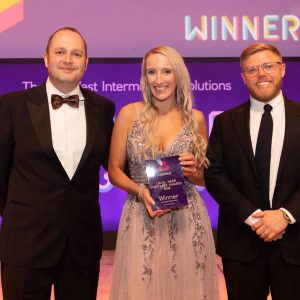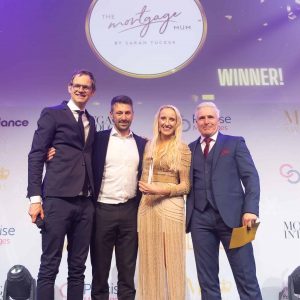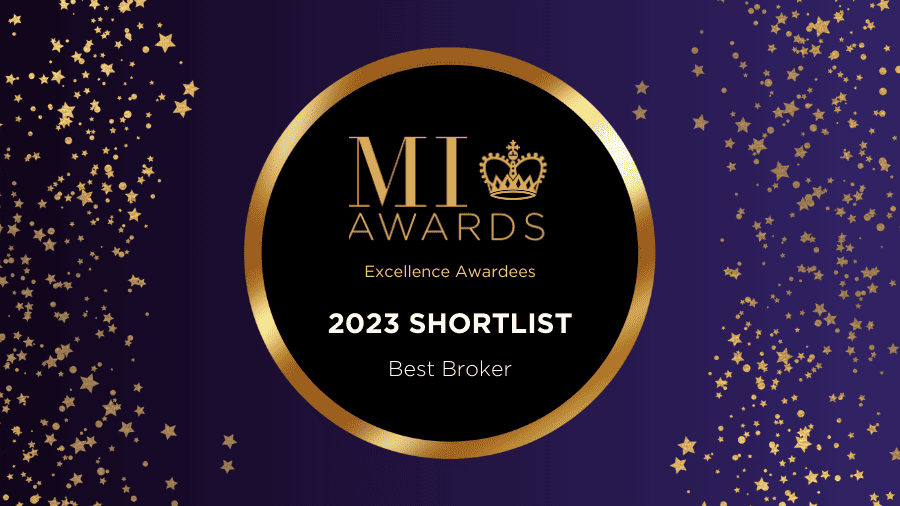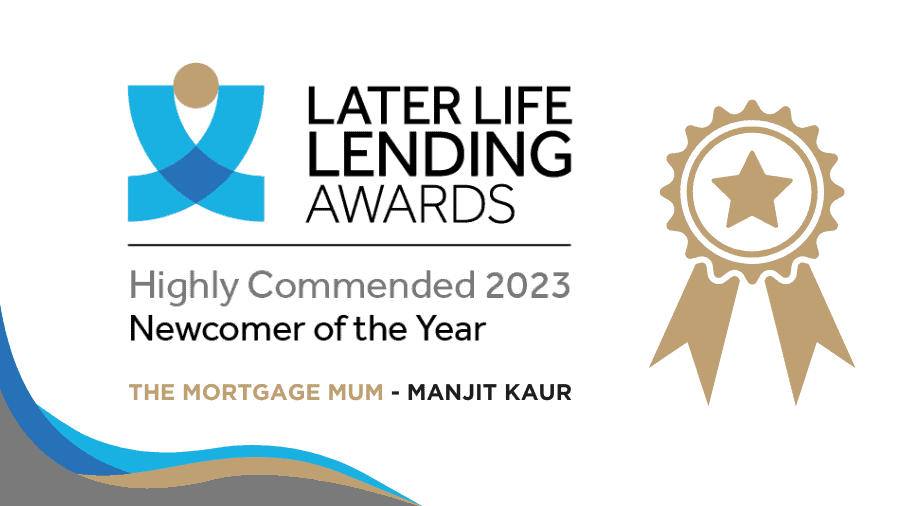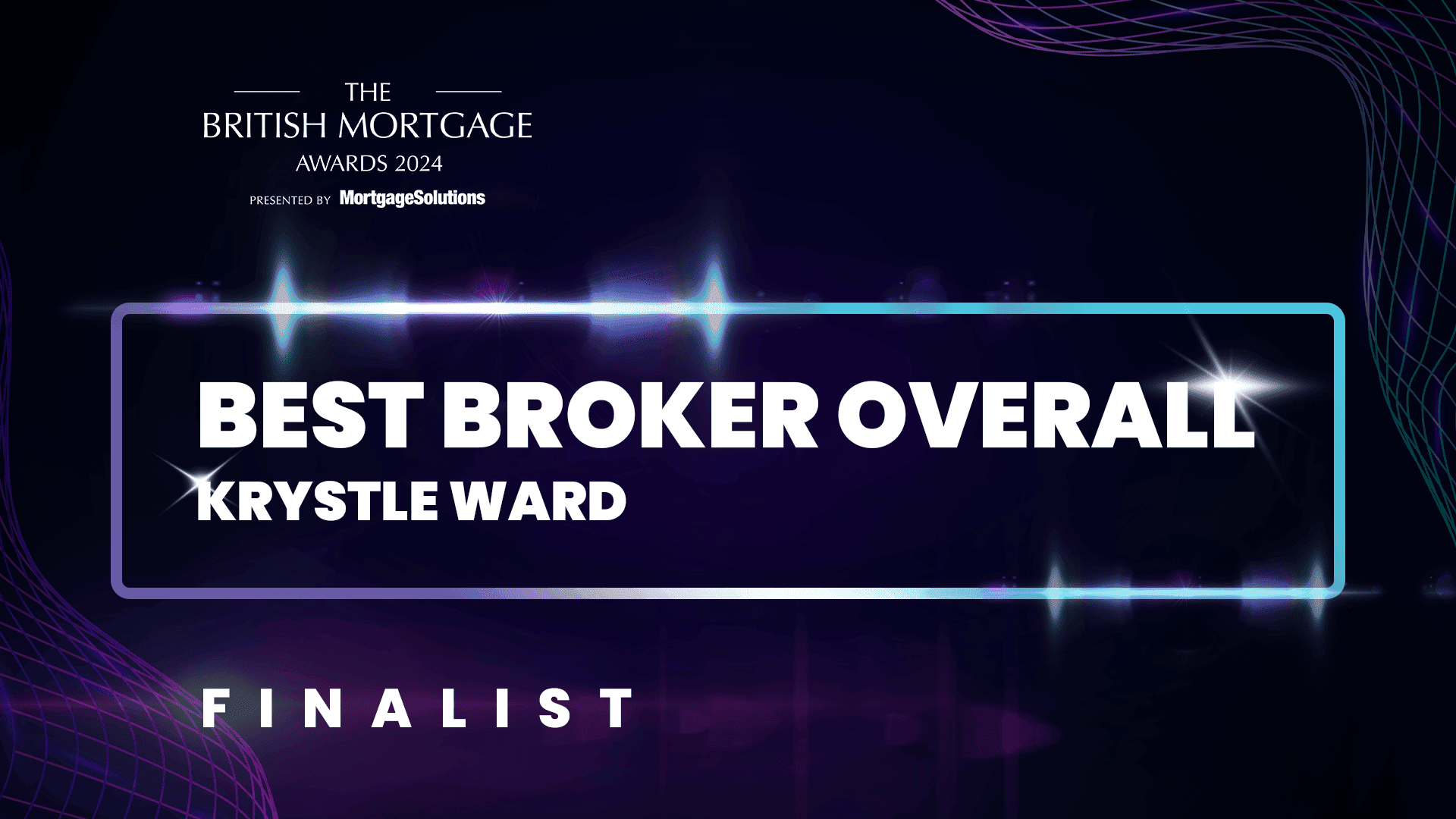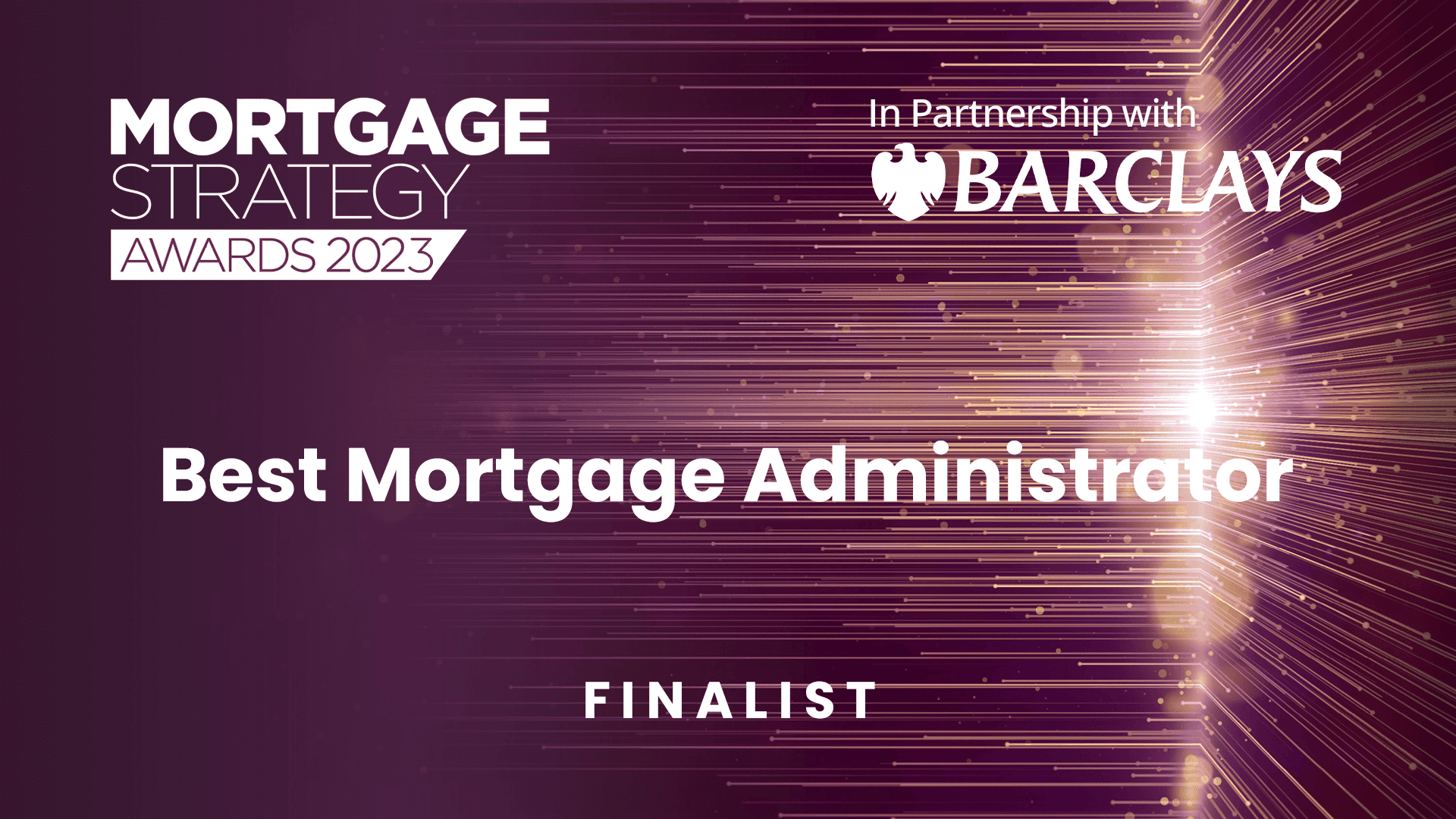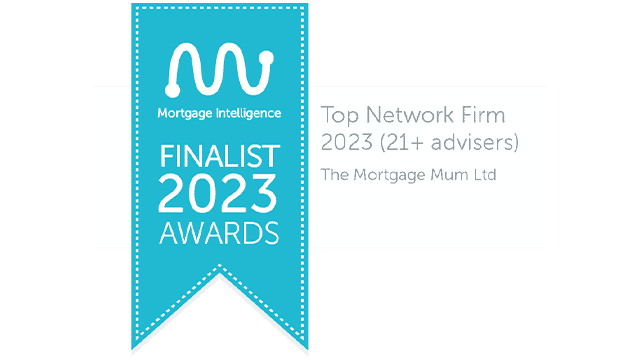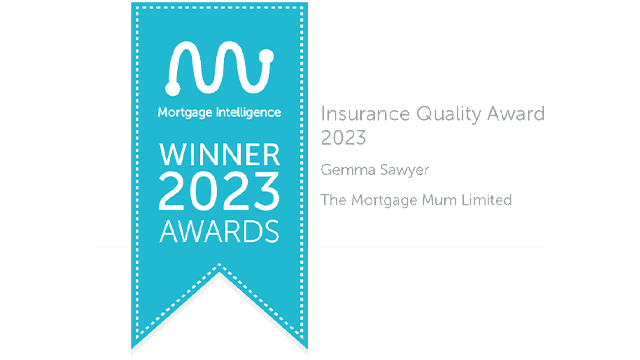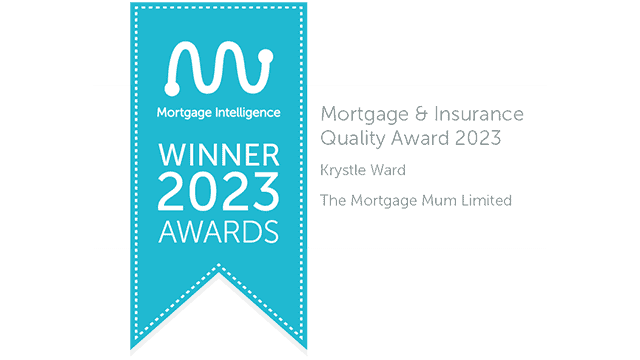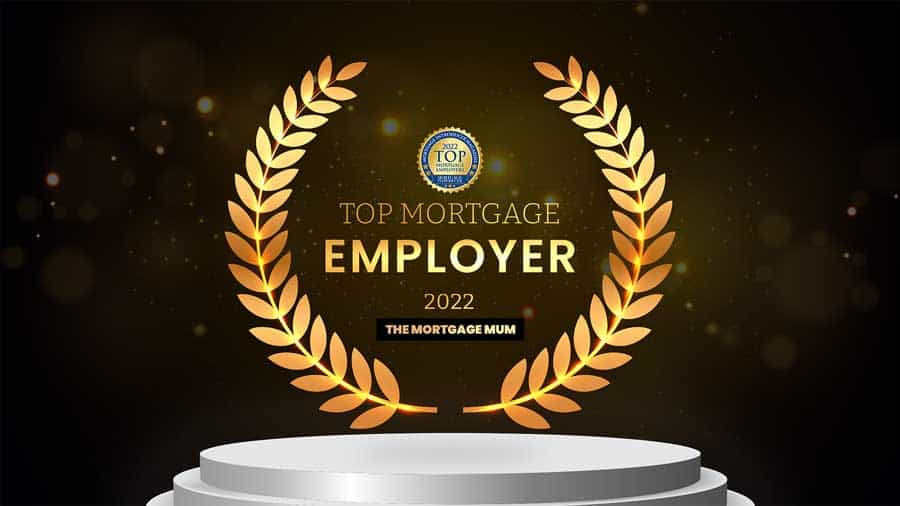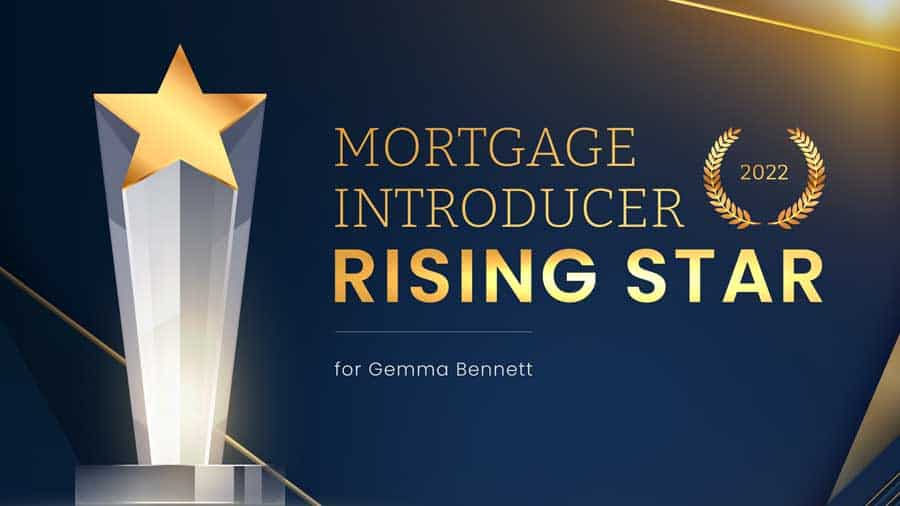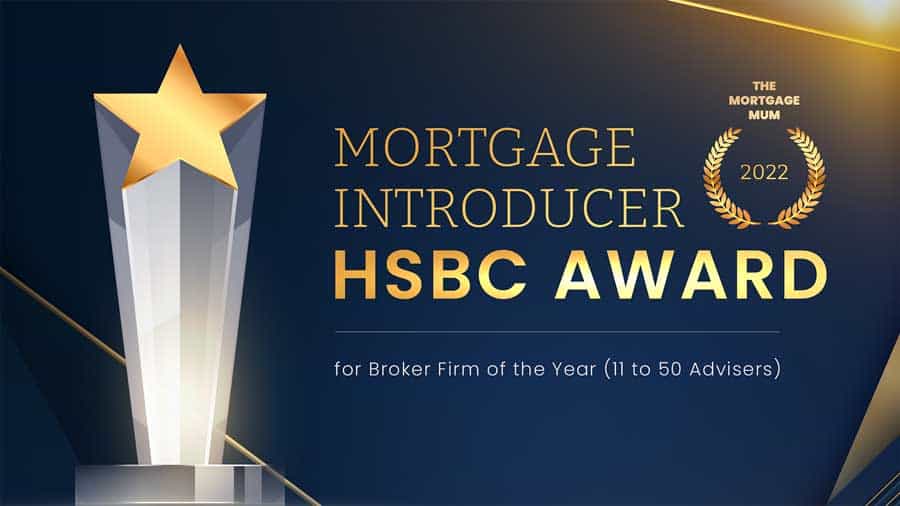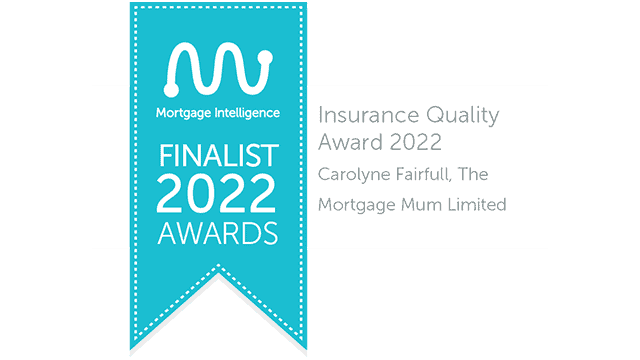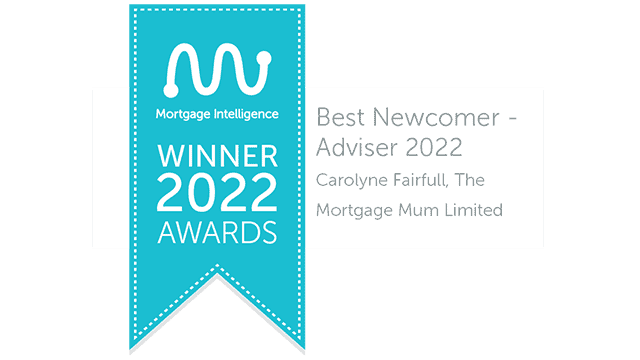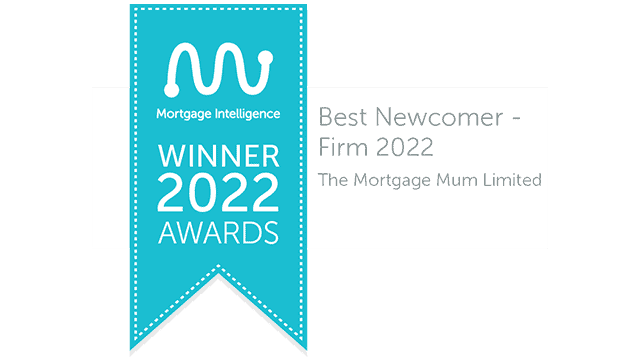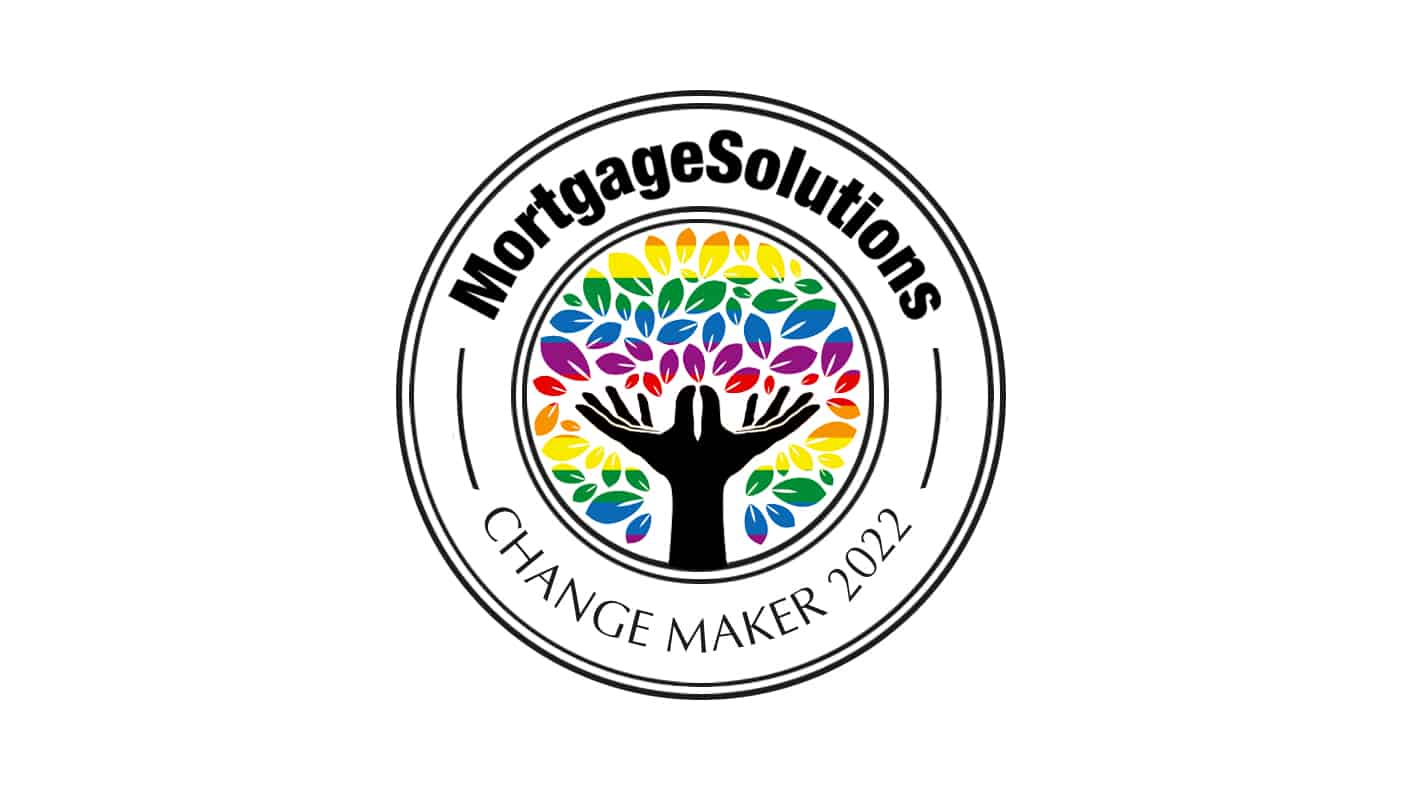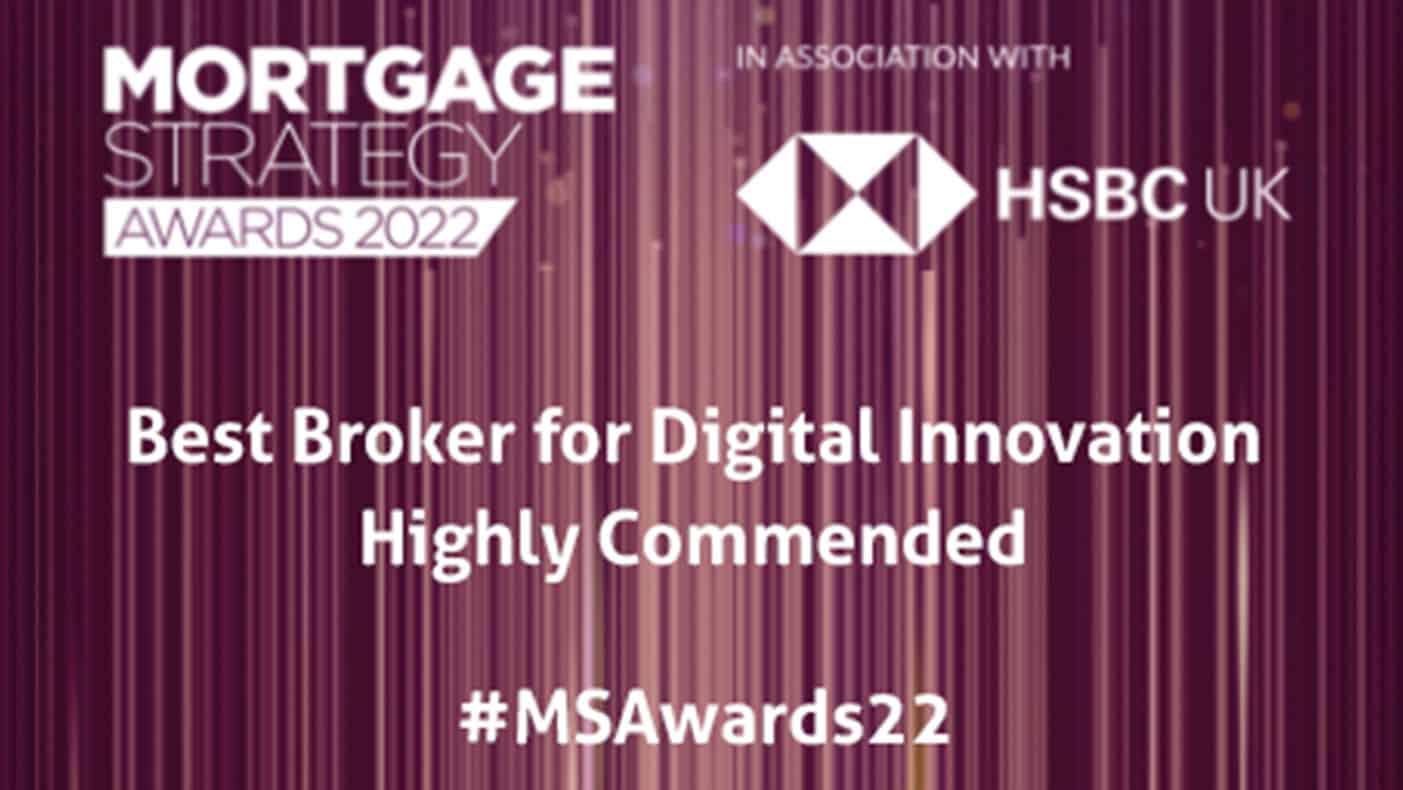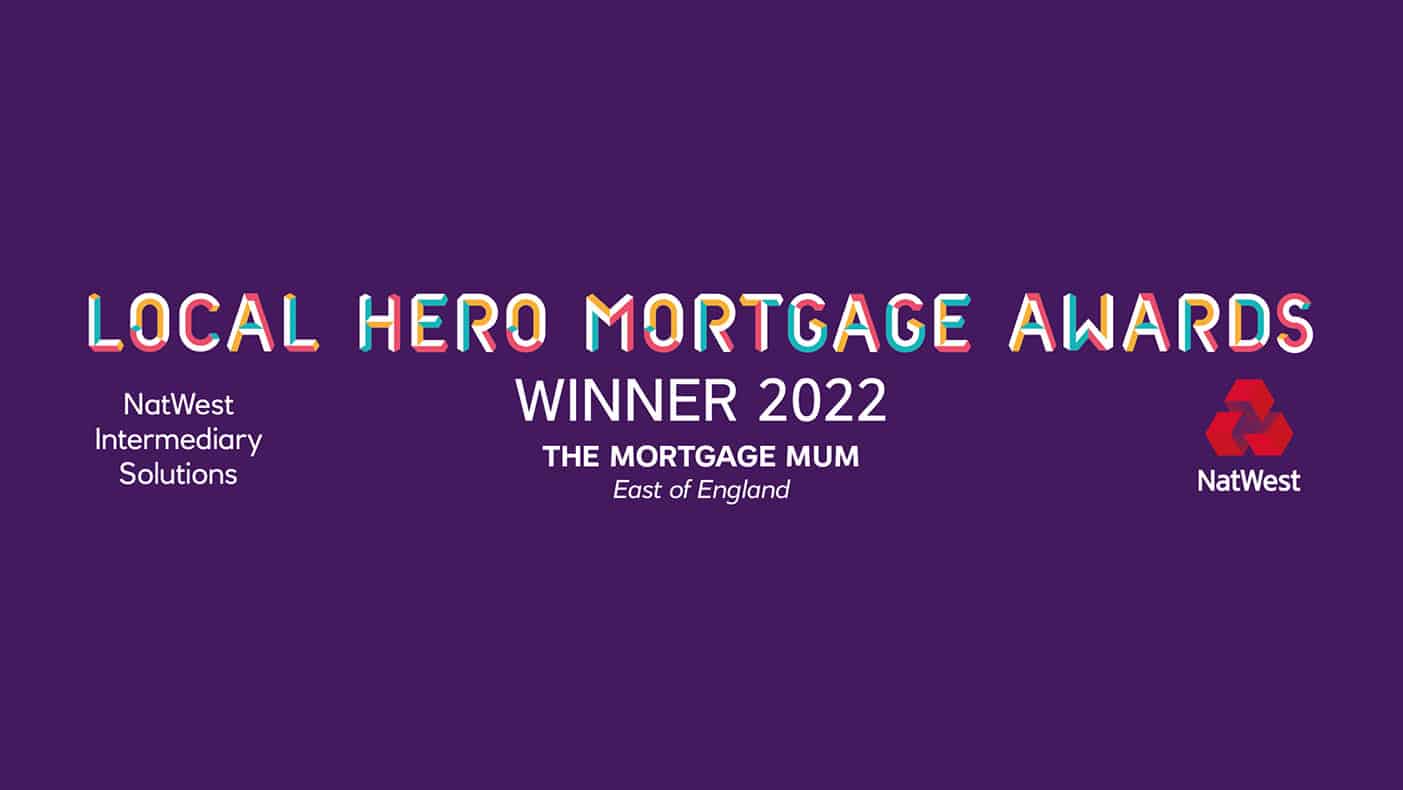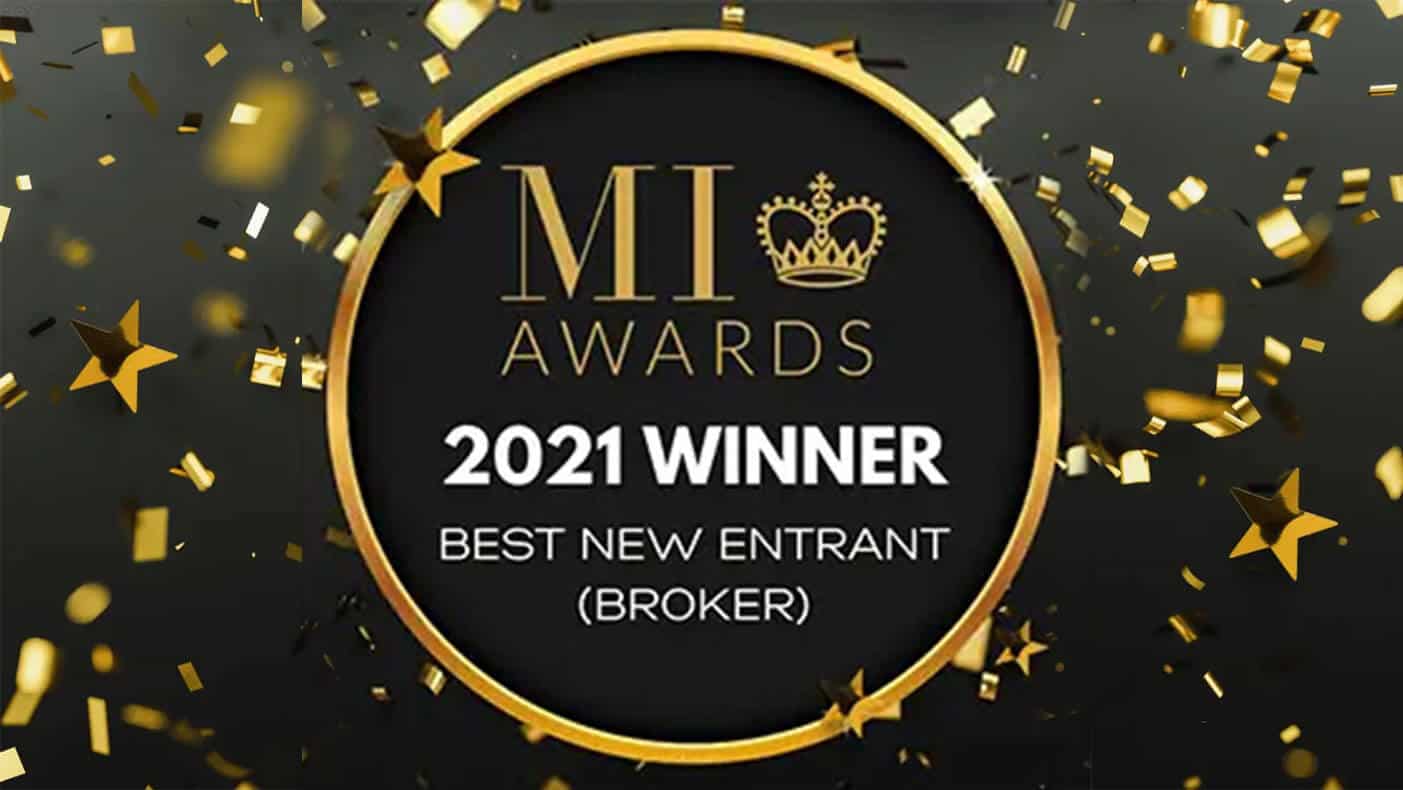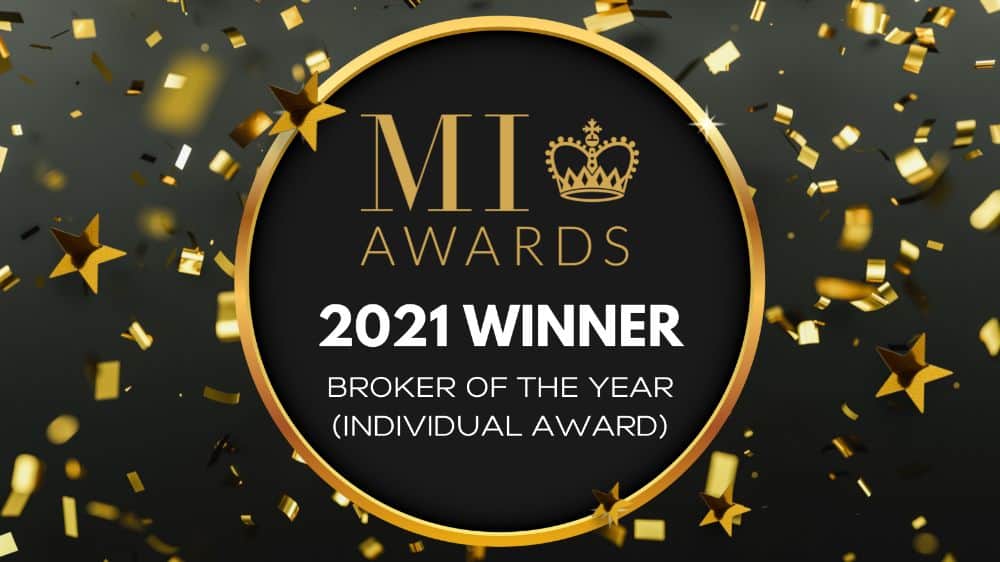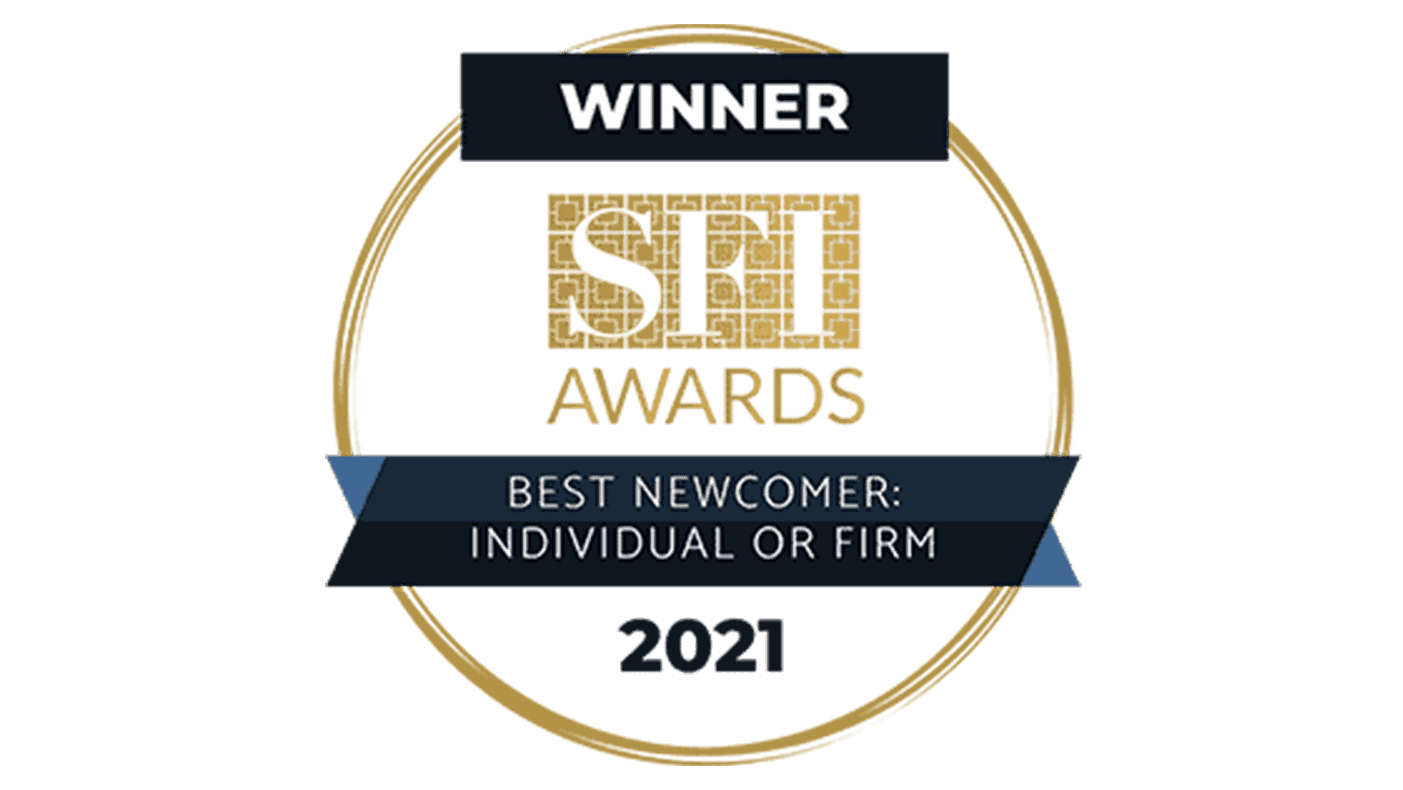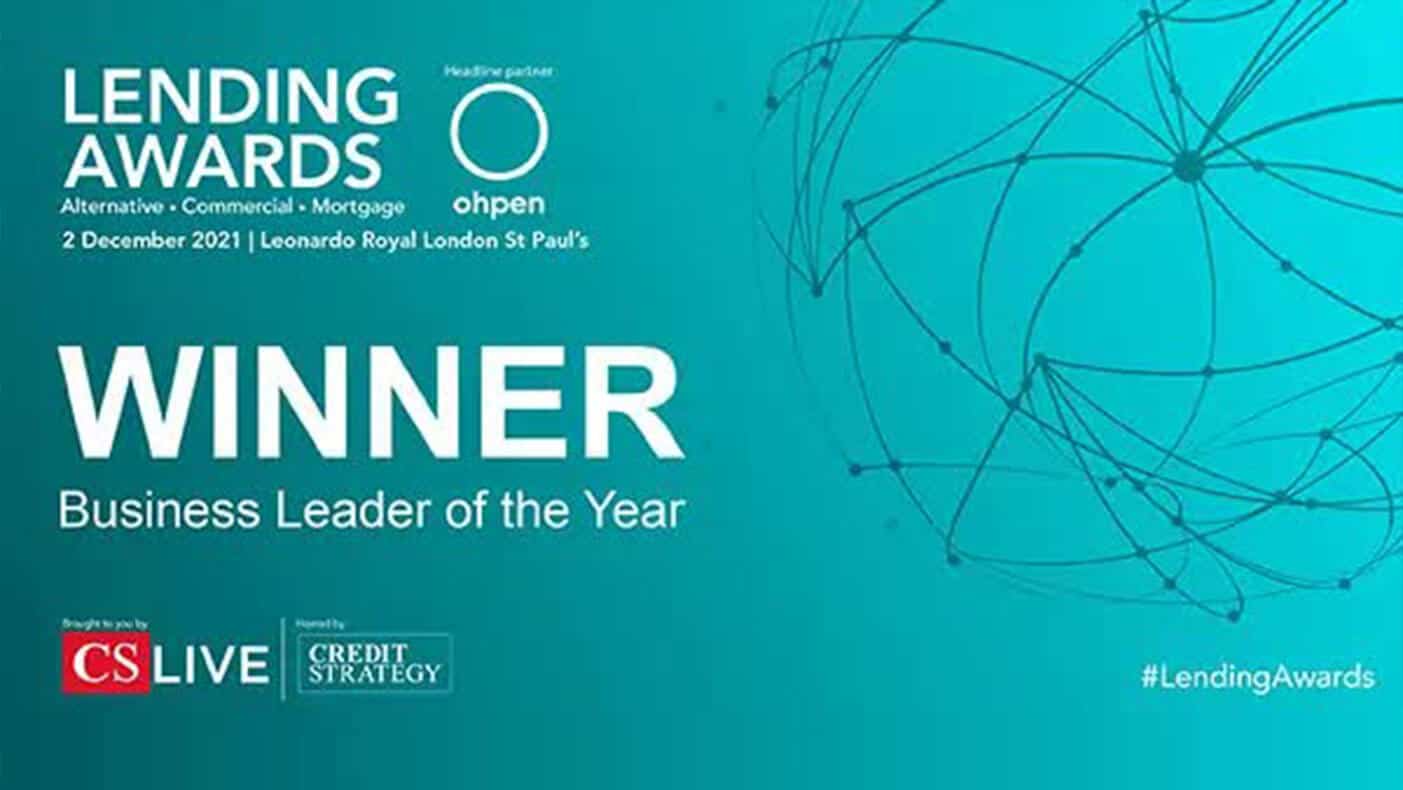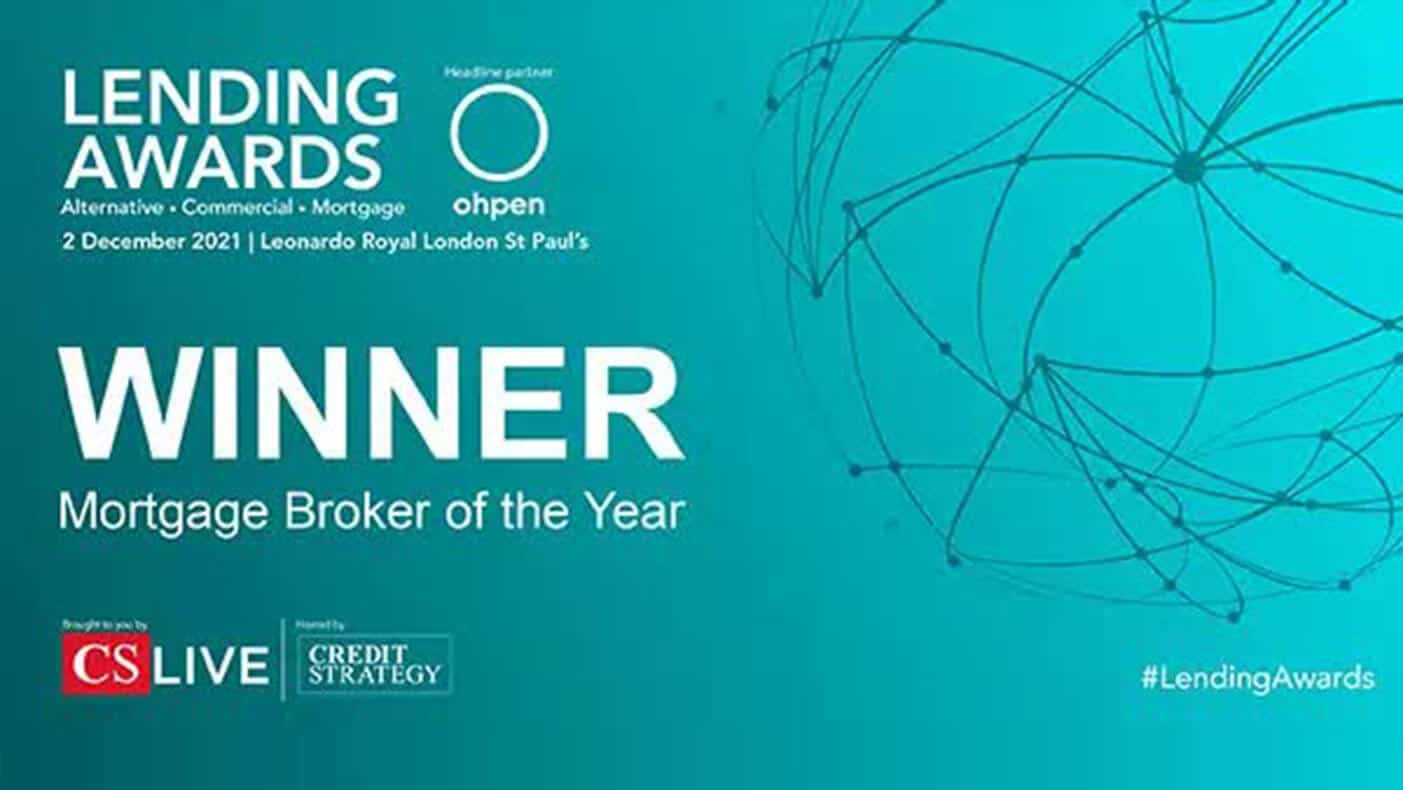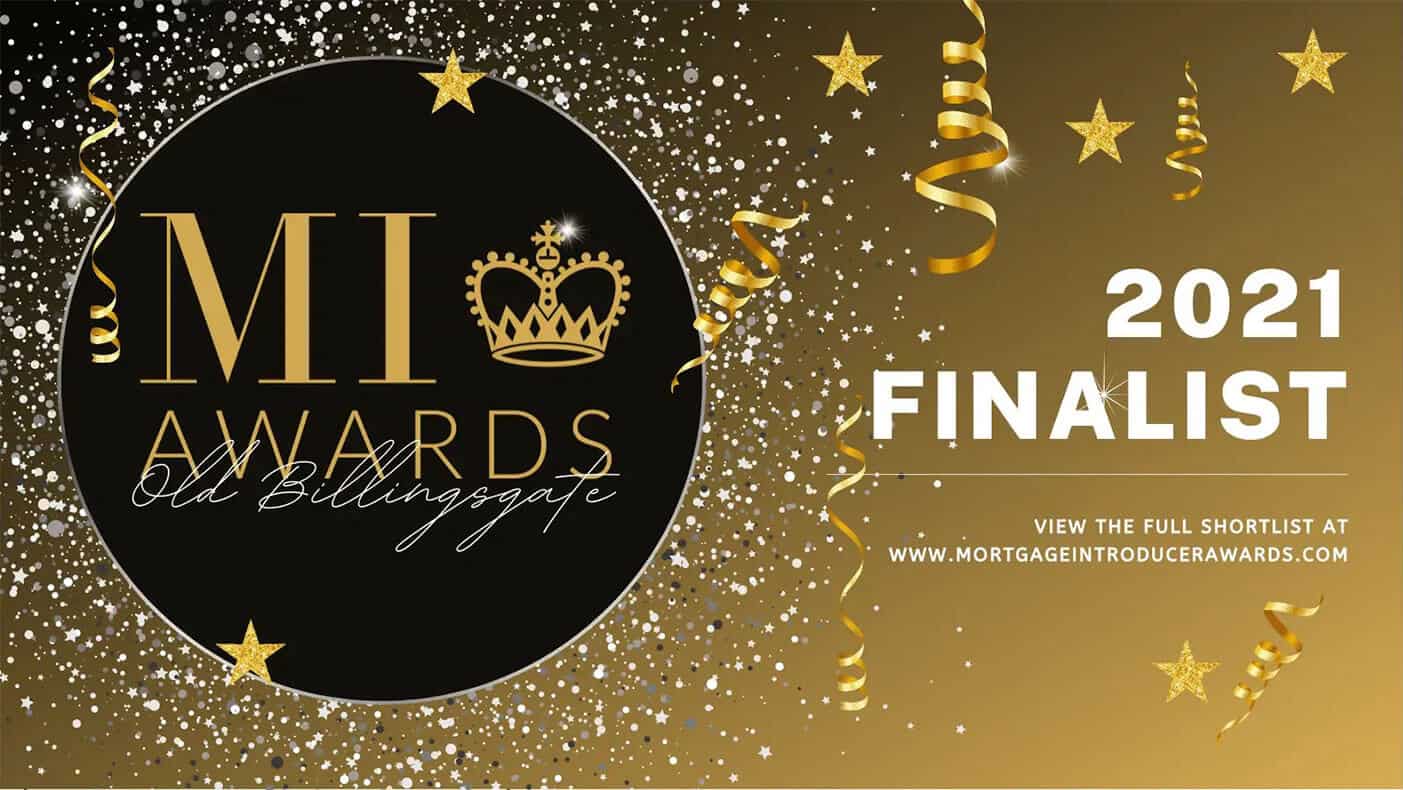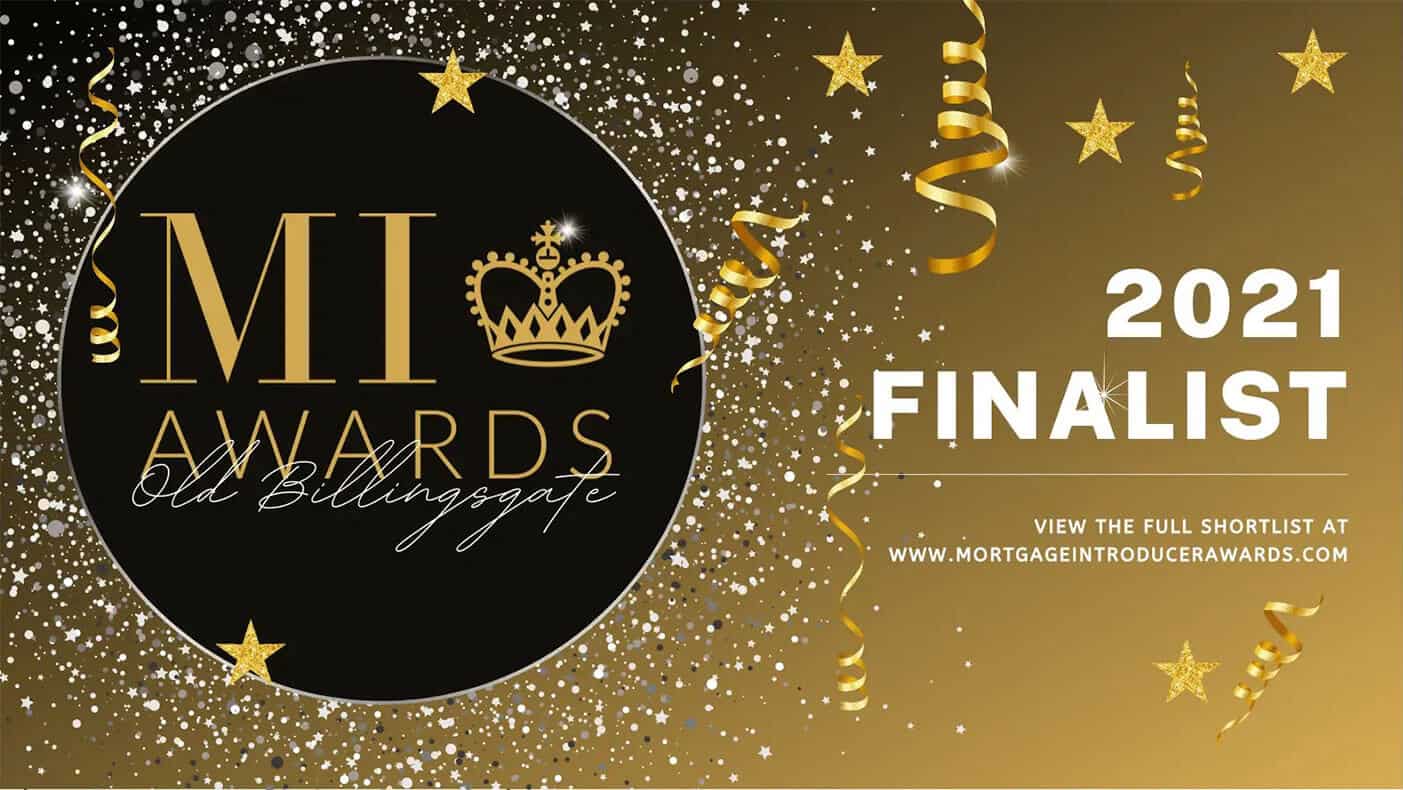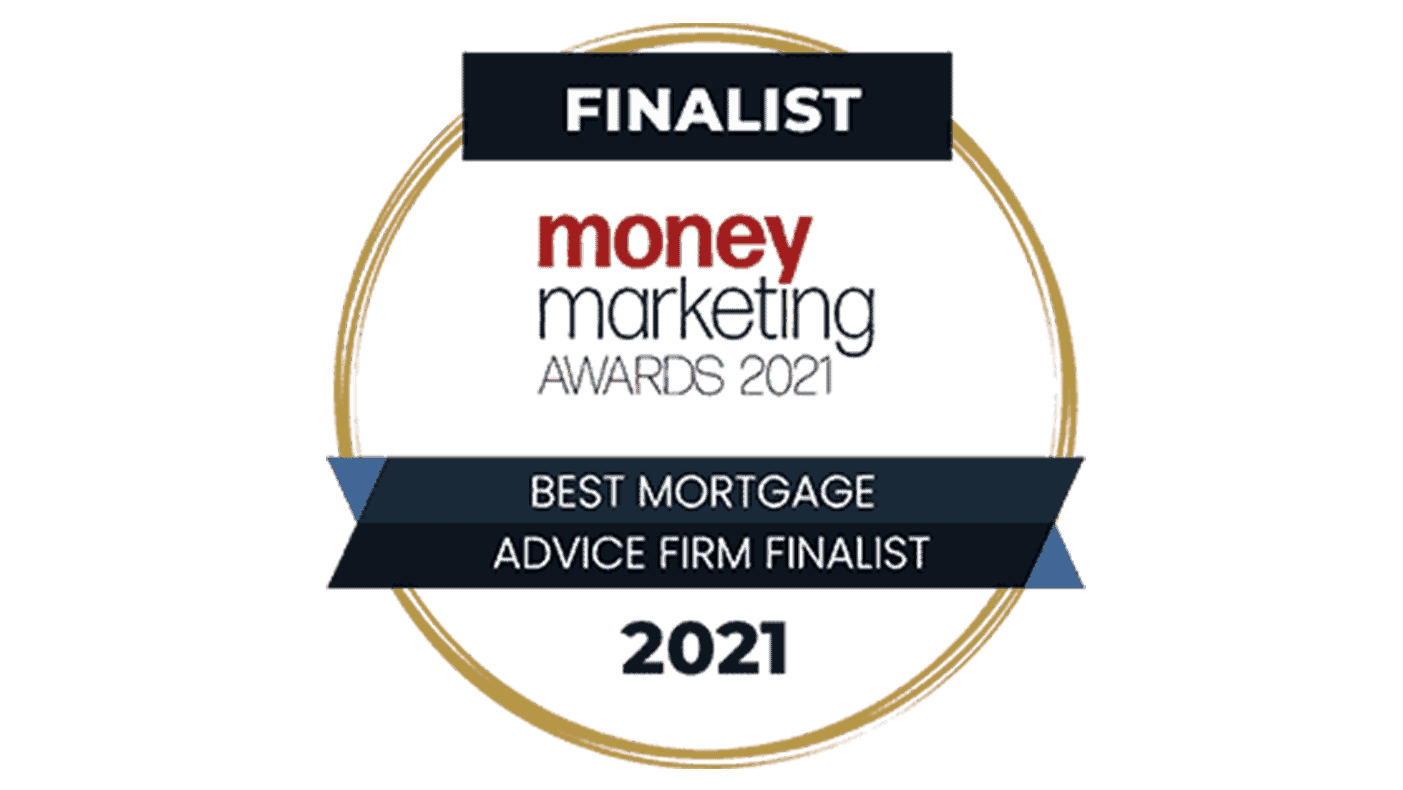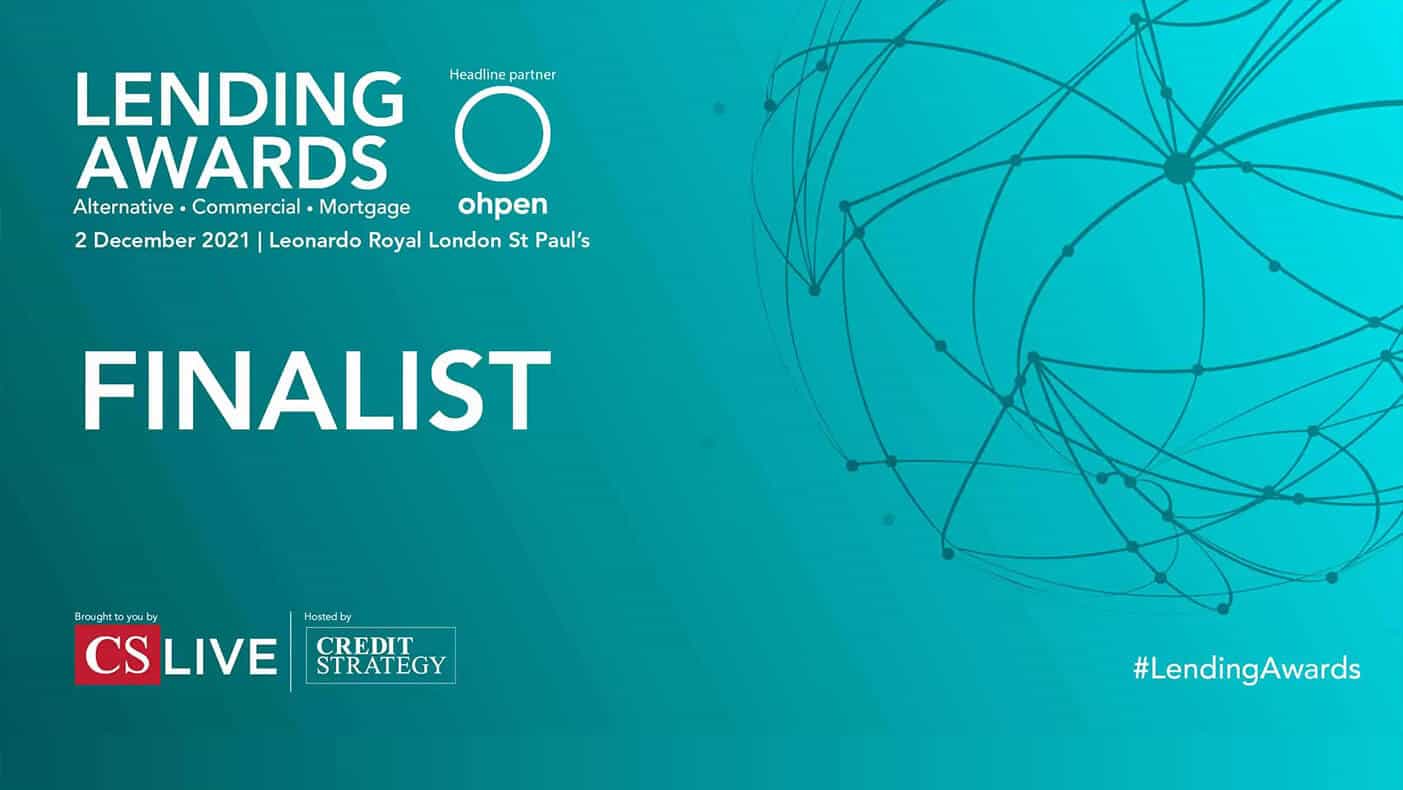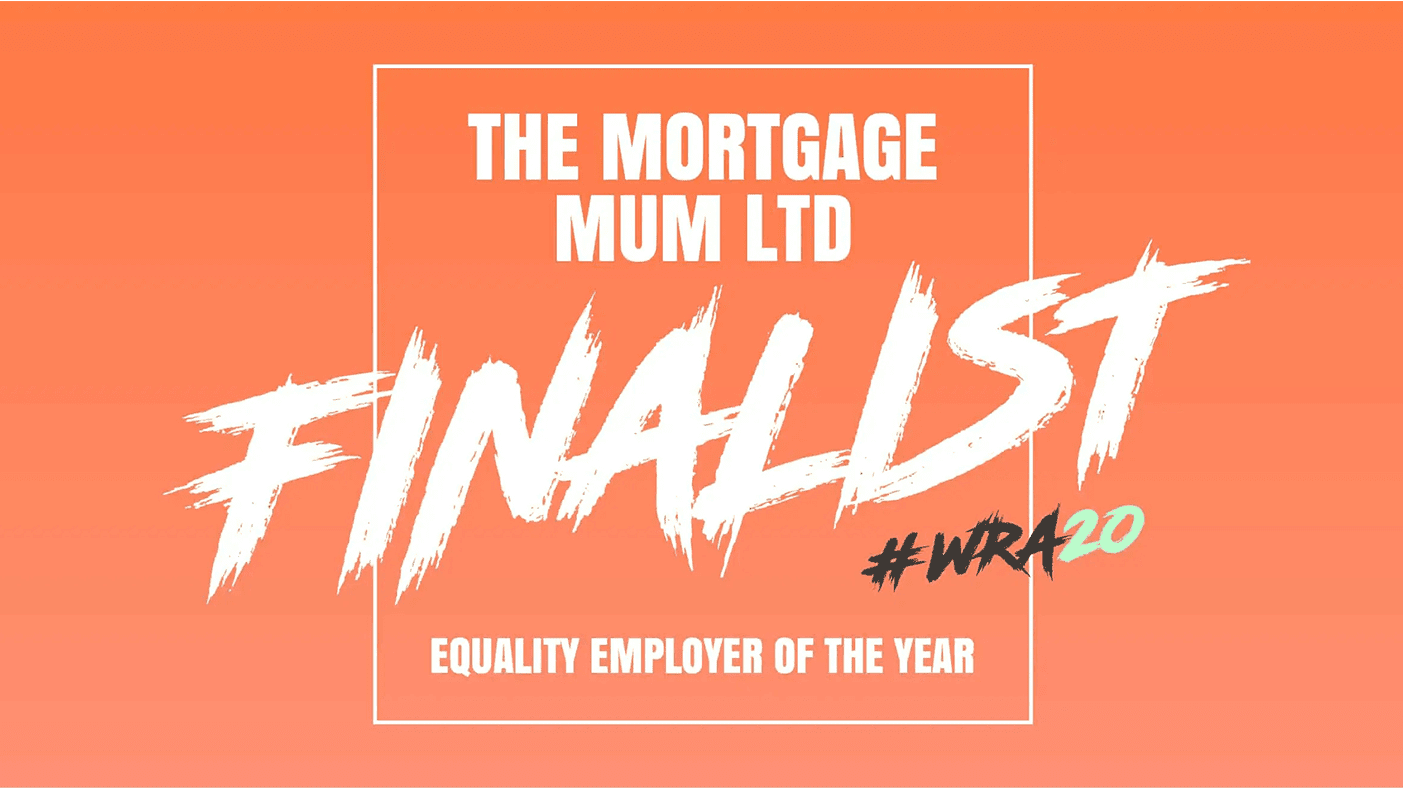Self-Employed Mortgages
- Multi- Award winning team
- Wide range of lenders
- Bespoke service, tailored to you
- Available at all hours, including after bath time!
Get in touch for an initial free, no obligation chat with an advisor about how we might be able to help.

Get in Touch
Home » Self-Employed Mortgages
Self-Employed Mortgages - Made Easy
Did you know there are more than four million Self-Employed people in the UK? And that 1.5 million of them are women?
Out of this number, many will be homeowners with mortgages. That’s in spite of mortgage applications being a lot more involved for people who work for themselves.
So you’re not on your own. Especially if you’ve been wondering whether you’ll be able to secure a mortgage.
Applying for a mortgage when you’re Self-Employed doesn’t have to be hard. All you need is a Mortgage Broker with a good track record of helping Self-Employed people.
An experienced Mortgage Adviser like The Mortgage Mum will do all the leg work for you. They’ll guide you through every stage of your journey to own the home you’ve set your heart on, and find you a mortgage to match.
So why not make a start now? Here’s our handy guide to Self-Employed Mortgages – Made Easy.
What’s a Self-Employed Mortgage?
Actually, there isn’t a specific type of mortgage reserved just for Self-Employed mortgage applicants. The difference lies in how you prove your income.
You’ll need to satisfy a lender you’ll be a reliable borrower by proving your income is steady, your expenses are reasonable and your business is a going concern.
How will my Self-Employed application be assessed?
When assessing whether you’ll be able to afford a mortgage and how much to lend you, a mortgage company will focus on three things:
- Your Income – how much you pay yourself each month
- Business Expenses – evidence of your expenses and operating costs
- Business Security – your ability to keep trading
Depending on the complexity of your business, a lender may refer you to their underwriter for individual assessment. You may be asked to provide in-depth information to substantiate your application.
What information will I need to provide?
Once upon a time lenders would accept your word as proof of Self-Employed income. Known as ‘self-cert mortgages’, these were banned by the Financial Conduct Authority, now mortgage lenders require evidence.
Tell your accountant you’re planning to buy a property and will need to apply for a mortgage. That will give them time to prepare the documentation for you well beforehand.
In general, you will need to have been trading for at least three years, and have two years of accounts less than 18 months old. You’ll also need to provide bank statements.
Your accountant can request your SA302 documents from HMRC that confirm your declared income and tax paid.
More specifically, the type of information you’ll be asked for will depend on your Self-Employed status.
- Sole Trader – lenders will base their calculations on your SA302 and your expenses.
- Partnerships – are treated the same as Sole Trader businesses. Lenders will want to know your share of profits.
- Limited Company – lenders will take both your salary and dividends you’ve drawn into consideration when calculating your income and how much to lend you.
You’ll also need to produce three years worth of limited company accounts. Some lenders will take both your salary and net profit into account, if this is more beneficial. However, you should consider that not all lenders will do this so it is important you consider this when drawing income from your business. Your Mortgage Adviser can give you guidance on this.
Speak to an expert
We will work at times that suit you and your family, carrying out appointments via video call, telephone or email, giving you the benefit of first class service, around your own schedule, and in the comfort of your own home. So let us handle your mortgage today and find out how well we can look after you, The Mortgage Mum way!
How much can I borrow?
A mortgage lender will typically base how much they will lend you on an average of your recent annual earnings multiplied by an income multiple usually ranging between four and a half and five. If you are a professional, or a high net worth individual, this figure may be more. If you take four and a half times as an example, then if your annual Self-Employed income is £35,000, you would be able to borrow up to £157,500.
The lender’s discretion will depend on the stability of your business and the size of your deposit. Some lenders may increase to five times your income, or more.
You may be referred to a lender’s underwriter for an individual assessment of affordability to make sure you will be able to afford the mortgage repayments. They will want to see evidence of your household spending costs and spending habits.
How much deposit do I need to put down?
Lenders work to deposit bands of 10%, 15%, 25% and 40%. If you can stretch your deposit to meet one of these, it will trigger a wider choice of mortgage options, meaning lower interest rates, fees and payment flexibility.
However, the Government has made recent changes to help people get onto the property ladder sooner, with less restriction. Such as the new Spring 2021 Mortgage Guarantee Scheme to encourage lenders to bring back their 95% LTV mortgages.
This means you could qualify for a mortgage with just a 5% deposit, providing you have a good credit record.
https://themortgagemum.co.uk/5-deposit-mortgage-guarantee-scheme/
Ten top tips to secure a Self-Employed mortgage?
- Take time to think and plan, it can’t all be done in a tea break.
- Engage an experienced, regulated Mortgage Broker. Going it alone could result in a rejection which will harm your credit rating.
- Tell Your accountant what you’re planning. Ask them to compile your latest sets of accounts and SA302 tax return forms.
- Don’t change your Self-Employed status beforehand, so your income method stays steady.
- Spring clean your finances by checking your credit report, then pay off outstanding debts and close dormant accounts. A good credit score will always work in your favour.
- Make sure your name and address is entered correctly on the Electoral Roll. Lenders use this to check your identity.
- Curb unnecessary spending before applying.
- Aim to hit one of the deposit bands – 10%, 25% and 40%.
- If you haven’t got a large deposit, find out about the 5% Mortgage Guarantee Scheme.
How can The Mortgage Mum help me if I’m Self-Employed?
When you’re Self-Employed, applying for a mortgage by yourself can be tricky, time-consuming and testing.
At The Mortgage Mum, we know what it’s like running your own business while managing your family commitments. It’s like having two businesses, let alone one.
We specialise in mortgages for Self-Employed people and know exactly what paperwork you’ll need to have prepared in advance. We’ll help you calculate your deposit and guide you through every aspect of your application.
We know which lenders are offering the most competitive mortgages and will liaise with them on your behalf before you apply – giving you the best chance of having your application accepted.
Useful Links
- Self-Employed Mortgages
- Limited Company Director Mortgages
- Self-Employed Mortgages with One Years’ Accounts
- Buy to Let Mortgages for the Self-Employed
- Documents Needed for a Self-Employed Mortgage
- Joint Mortgage When one Applicant is Self-Employed
- What income do mortgage companies look at for the Self-Employed?
- Are Self-Cert Mortgages Still Available?
Why The Mortgage Mum
- We're a team of mums who understand the juggle
- We're all expert advisers with a wealth of experience
- We work around you and your schedule
- We're here to make the mortgage journey easier for you









